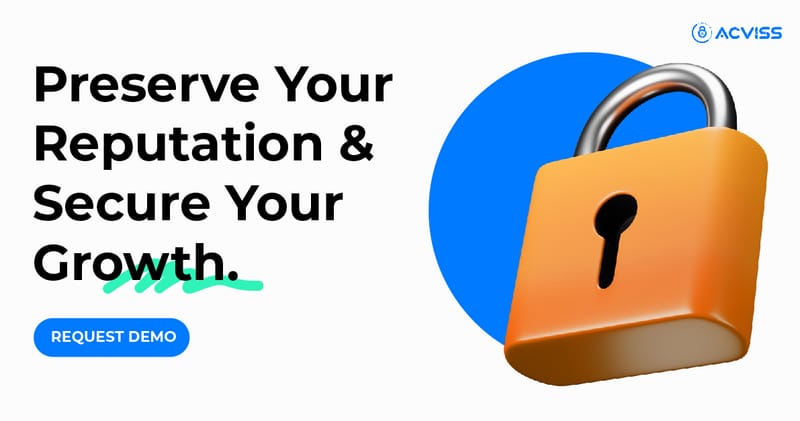How to Take Down Fake Apps from Play Store and App Store
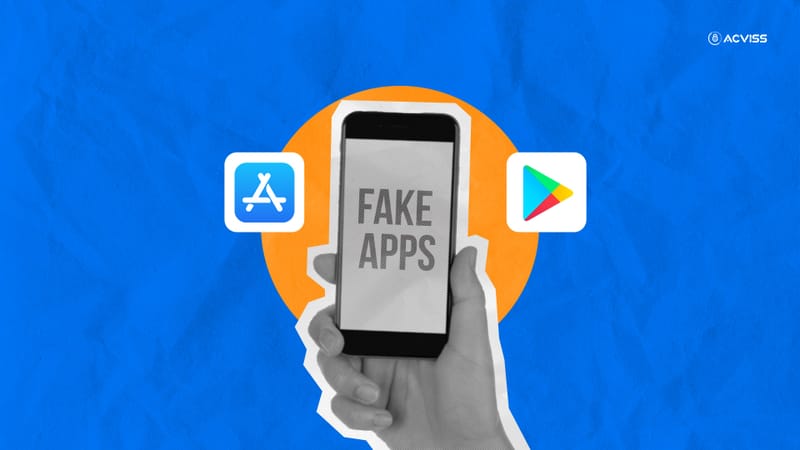
Mobile apps are essential in digital life as they enable everything from banking and trade to shopping and correspondence. But the boom in app use has also resulted in a worrying trend: phoney applications. Usually posing as respectable programs, these false ones fool gullible consumers into installing them. Severe repercussions can include compromised personal security, data breaches, and financial losses.
Users must be armed with the information and abilities to spot and remove these misleading programs, as major sites like the Google Play Store and Apple App Store are the main providers of apps. This blog will give useful advice on spotting phoney applications like "fake PhonePe," "fake Paytm," and "fake trading apps," including reporting and removal action guides. Maintaining knowledge and awareness can help you to guard others and yourself from the risks these false applications create.
How to Identify Fake Apps
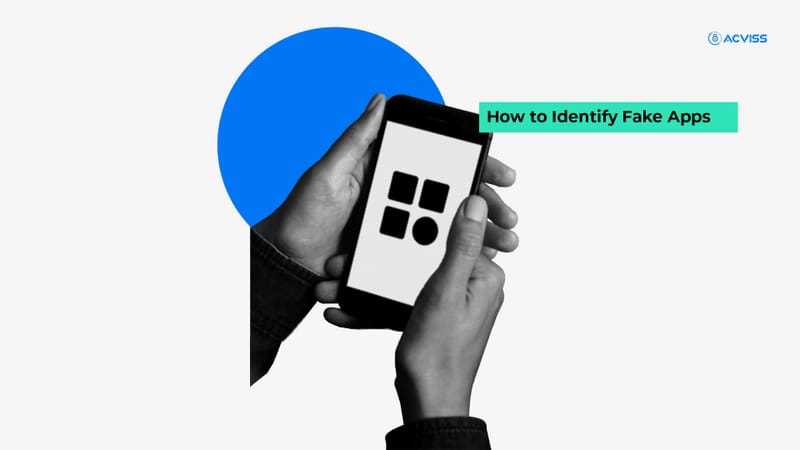
The first step in safeguarding your personal data and financial security is spotting phoney applications. Here are a few important signs to be on the lookout:
1. Suspicious Developer Information
Examining the developer's name is among the first things one should do while installing an app. A developer most certainly is a fraudulent app if their name changes significantly from the legitimate app or doesn't show an internet presence. For example, be sure the creator of the official "Zerodha" trading program is truly Zerodha Technology rather than another similarly named company. Look quickly online to confirm the developer's validity.
To mislead consumers, bogus applications can utilize names very similar to well-known creators. For instance, instead of "Zerodha," you may see an app titled "Zerodah Trading." Look always for official websites or social media pages connected to the developer. You should definitely only use the software completely if you can locate reliable information.
2. Poor ratings and reviews
Apps with many bad reviews or poor ratings might raise suspicions. Phoney application users can claim problems like fraud or broken functionality. Spend some time carefully reading the reviews. Steer wary of that program if you see a trend of complaints about "fake loan apps" or "fake trading apps."
3. Unusual Permission
As you install an app, consider the permissions it demands. An app may be phoney if it requests permission that appears out of line for its purposes—such as a basic game seeking access to your contacts or location. Usually, legitimate applications only ask for permission pertinent to their operation. For instance, A "fake UPI payment app" can request pointless permissions to access your private information.
4. Imitation of Popular Apps
Many times, fake applications copy the names and logos of official ones. You can come across "fake PhonePe" or "fake Paytm" applications, for instance, that look almost exactly like the actual ones. Always verify the validity of the app by searching for official branding and consulting the developer's name. Should you have any questions, look for the app straight on the official website instead of via the app store.
5. Lack of Updates
Regular changes in legal software help improve security and usefulness. An app may not be trusted if it hasn't been changed in a long time. View the app's change history on the App Store or Play Store. More changes show that the software is abandoned or dangerous.
6. Unprofessional Design
Fake apps can include low-quality images and badly made interfaces compared to their real versions. The app's poor appearance or the presence of many typos and grammar mistakes highly suggests it could not be real. Trust your gut feeling; if the app's style seems strange, you should look into it further.
How to Take Down Fake Apps
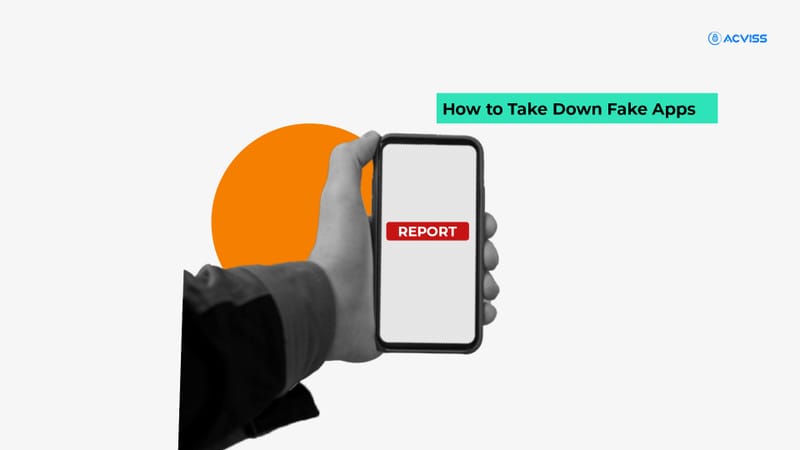
Should you come across a phoney app, moving quickly will help to protect others and yourself. Here's how you can quickly remove these fake applications:
1. Uninstall the App.
First, remove the app from your smartphone. Visit your smartphone settings, find the app, and remove it. This move will block further entry to your banking or personal info.
2. Report the App.
Stopping others from running the phoney software rests on reporting.
Android:
- Regarding Google Play Store: Launch the app page, then scroll down to find "Flag as inappropriate." Choose the cause you are reporting—malware or fraud, perhaps? This move reveals to Google the existence of a fake app, which drives them to look into it and maybe delete it.
iOS
- Navigate to the app, scroll to the bottom, and hit "Report a Concern." For the App Store, Choose a good cause and turn in your report. Apple will move against programs that break its rules and treat these reports with great care.
3. Use Antivirus Software
Using reliable security software will allow you to find and eliminate any dangerous programs that could have been included with the phoney app. Many protection apps can alert you of odd behaviour on your smartphone and provide real-time security. Regular checking of your smartphone should become second nature, especially after the installation of fresh programs.
Must Read: What You Need to Know About Shadow World of Software Piracy
4. Educate Others
By telling friends and relatives about your experience, you can share information about bogus applications. Discuss the risks linked to "fake loan apps" or "fake trading apps" so that others can steer clear of these frauds. Social media platforms may also be very good for word-of-mouth marketing; consider talking about your experience to get a bigger audience.
5. Monitor Your Accounts
Remove a fake program, then check your bank accounts for illegal behaviour. If you see something strange, tell your bank or banking company right away. A quick answer might guard your financial security and reduce any damages.
6. Consider Professional Help
If you think there has been a notable cash loss or data theft, seek help from hacking experts. They can help you analyze the circumstances, recover lost information, and apply security measures to avoid future occurrences. If you often handle private material, investing in expert aid may be very helpful.
Must Read: Tricks to Take Down Fake Websites with Ease
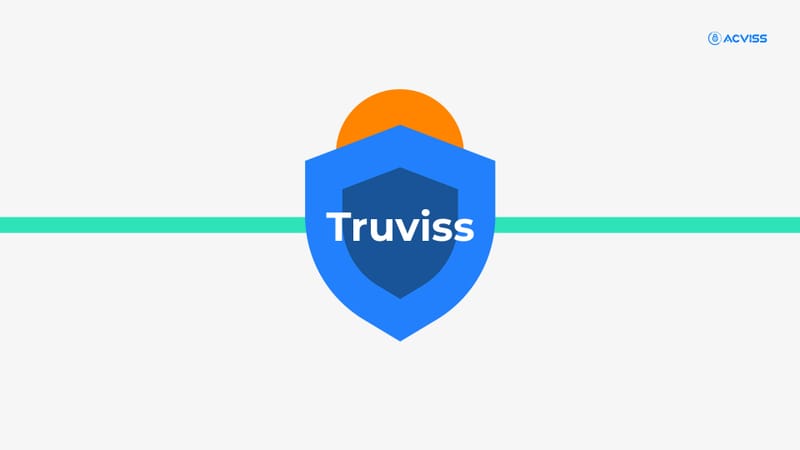
How Truviss Can Help Brands Secure Their Apps
Truviss is an AI-driven online brand protection solution that plays a crucial role in safeguarding brands against the threats posed by fake apps. By utilizing advanced machine learning and artificial intelligence, Truviss continuously monitors the digital landscape for counterfeit listings, fake apps, and unauthorized use of brand assets. It scans various platforms, including app stores and social media, to identify and remove fraudulent content quickly.
Truviss not only protects brand integrity but also enhances consumer trust by ensuring that only legitimate apps are available for download. With its comprehensive monitoring capabilities, brands can proactively address potential threats, ensuring a secure environment for their users and maintaining their reputation in the marketplace.
Double Check Before Install
Users now face growing difficulty as bogus applications—including "fake e-commerce apps" and "fake UPI payment apps"—become more popular. Still, you can guard yourself and others from falling for these frauds by being alert and cautious. Always check app validity before starting, and report any dubious apps right away.
Using tracking tools like Truviss can allow companies and developers to quickly find and remove phoney apps, keeping brand and client trust. Staying informed and careful can help you handle the app permission more safely and guarantee a safe digital environment for your community and yourself.
Wondering how to secure your app in the online world, get in touch with our expert and protect your online presence today.
